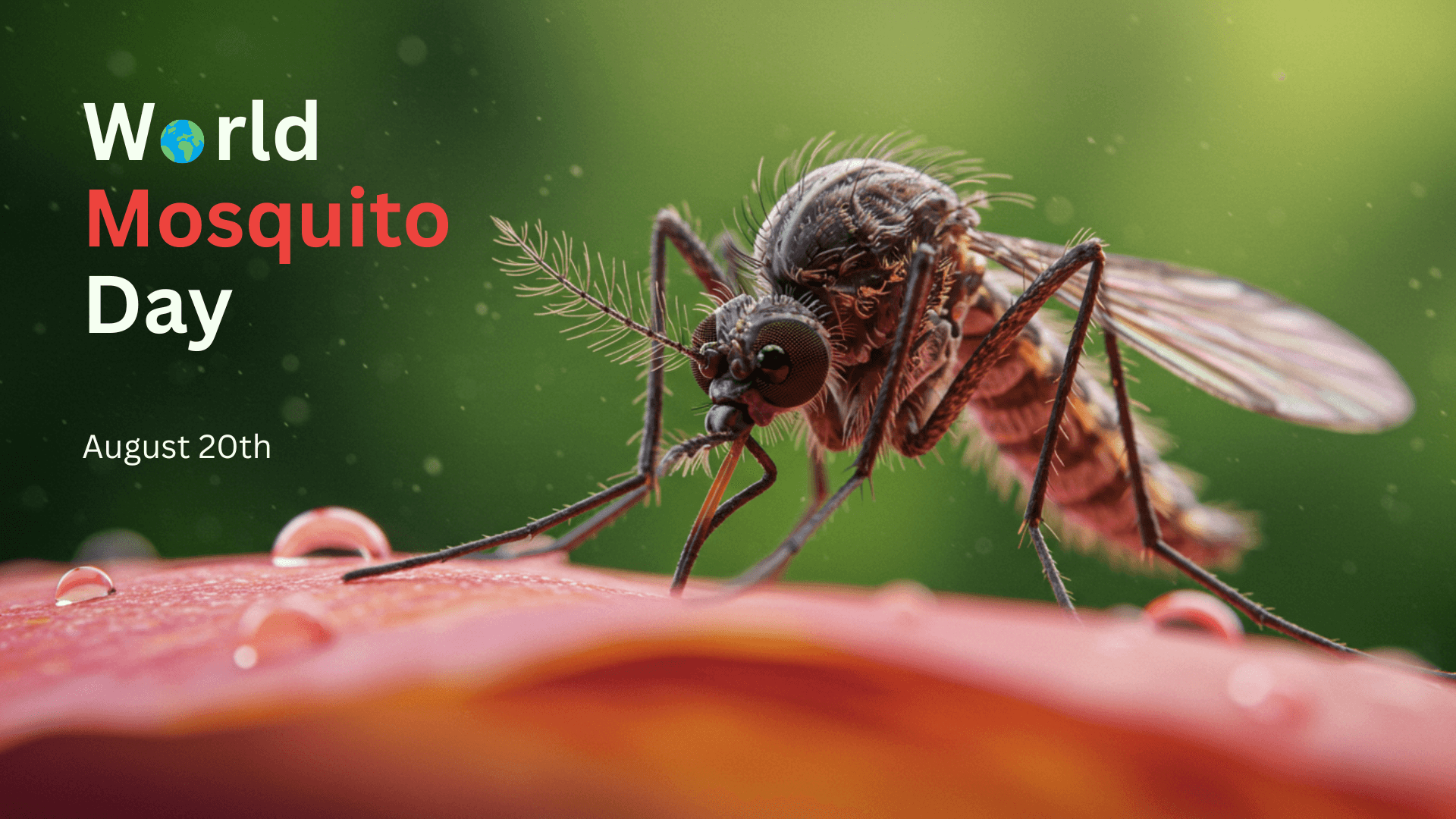This World Mosquito Day, African nations and communities unite around proven tools—new dual-active bed nets, the R21 vaccine, and strengthened surveillance—to confront malaria’s deadly grip and secure a healthier future for the continent.
With ground-breaking science and coordinated leadership, Africa is rewriting the story on malaria—deploying revolutionary vaccines, next-generation nets, and historic new treatments that promise hope for millions of lives.
On August 20, the world commemorates World Mosquito Day, marking Sir Ronald Ross’s 1897 discovery of the role mosquitoes play in malaria transmission. In 2025, nowhere is this day more charged with urgency and optimism than across Africa.
Despite accounting for 94% of global malaria cases and 95% of deaths—569,000 lives lost in 2023, most under age five—the continent stands firmly at the edge of a paradigm shift. Through scientific breakthroughs, targeted policy, and pan-African solidarity, the relentless fight against one of humankind’s oldest foes is taking on new life.

The Numbers: Africa’s Malaria Debt To The World
According to the World Health Organization’s 2024 World Malaria Report, Africa counted 246 million out of 263 million global malaria cases in 2023, and 569,000 out of 597,000 global deaths—a sobering reality, but also a sharp call to action.
A devastating 76% of these deaths strike children under five years old. Nigeria alone accounted for 30.9% of all malaria deaths, followed by the Democratic Republic of Congo (11.3%), and eleven African countries make up 70% of the world’s malaria cases.
But progress is real: the region has seen a 34% drop in malaria incidence and 61% drop in malaria deaths since 2000. Yet, to hit the WHO global target of 90% reduction by 2030, the pace must accelerate—it currently stands at 60.4 cases per 1,000, triple the 21.3 needed for elimination.

Breakthrough Research: The Science Changing the Game
Historic First: Infant-Safe Malaria Treatment
In August 2025, Africa CDC cheered the approval of the first malaria treatment safe for infants below 5kg, closing a deadly treatment gap for thousands of newborns annually.
This formulation, co-developed by Novartis and MMV under the PAMAfrica umbrella, is dissolvable in breast milk and sweetened, making treatment safer and easier for the continent’s youngest, most vulnerable.
With eight African countries trialling the drug and rapid regulatory approval looming, the product is set to save thousands of young lives within months.
Vaccine Rollouts: Uganda’s Historic Campaign
On the prevention front, Uganda’s R21/Matrix-M vaccine campaign—launched in April—targets over 1.1 million children under two. Early data suggest daily prevention of more than 800 severe childhood malaria cases and significant savings in family healthcare costs.
This builds on Ghana, Kenya, and Malawi’s pilots with the flagship RTS, S vaccine, credited with lowering all-cause child mortality by 13% and setting a template for vaccine-driven progress across Africa.
Next-Gen Nets: Innovation Against Resistance
The advance of dual-action bed nets, now deployed in 78% of new distributions, marks a landmark in vector control. These nets reduce infections by 37% compared to single-insecticide nets, countering the rise of pyrethroid-resistant mosquitoes with new chemical strategies.
Further research into nets that “disinfect” mosquitoes (killing the malaria parasite rather than the insect) opens a frontier in sustainable vector control, sidestepping resistance altogether.
Nature’s Solution: Wolbachia Mosquitoes
The World Mosquito Program’s release of Wolbachia-carrying mosquitoes, most notably in Brazil and Indonesia, offers a biological solution with impressive results: up to 77% lower disease incidence, providing hope for scale-up in African contexts.
Leadership in Action: WHO, Africa CDC, ALMA
Through the leadership of Dr. Tedros Adhanom Ghebreyesus, the World Health Organization has declared malaria elimination a central pillar of global health. The African Leaders Malaria Alliance (ALMA) drives a “High Burden High Impact” strategy that coordinates data and policy across borders, while Africa CDC’s new approval and rollout platforms for medicines and vaccines signal a robust public health network.
Success stories are multiplying: Rwanda slashed its malaria burden by 85% between 2019 and 2023; Ghana cut deaths nearly in half; and Cabo Verde and Egypt were certified malaria-free in 2024—proof that, with focus and innovation, elimination is possible.
The Economic and Social Case for Malaria Elimination
Malaria's economic drain is severe—reduced GDP, education disruption, and crushing health costs. The UN counts 1,000 child deaths every day from a disease that is preventable and treatable.
The cost of inaction is calculable in lost futures, while bold investment in innovation, surveillance, and health education pays back exponentially in development gains and lives saved.
Addressing Tomorrow: Climate, Resistance, and Research
Climate change is extending mosquito habitats and shifting malaria’s frontlines upward and outward, threatening regions previously at lower risk. In tandem, growing resistance to core drugs and insecticides requires continually refreshed tools and adaptive tactics.
Africa’s brightest minds and institutions are now at the center of malaria innovation—from clinical trials to manufacturing, from digital surveillance to genetic research.
As breakthroughs come faster, the focus must remain on scaling up what works and ensuring equitable access for all at risk.
Conclusion
World Mosquito Day 2025 finds Africa not just commemorating a historic discovery, but also ushering in a new era of leadership in the war against malaria.
With the world watching, the continent is deploying the most advanced tools in its history—from the tiniest infant treatment to massive vaccine campaigns, resistance-busting nets, and smart surveillance.
The goal—a malaria-free Africa by 2030—is bold but within reach, provided political resolve, funding, and innovation continue to surge.
Leave a comment
Your email address will not be published. Required fields are marked *





